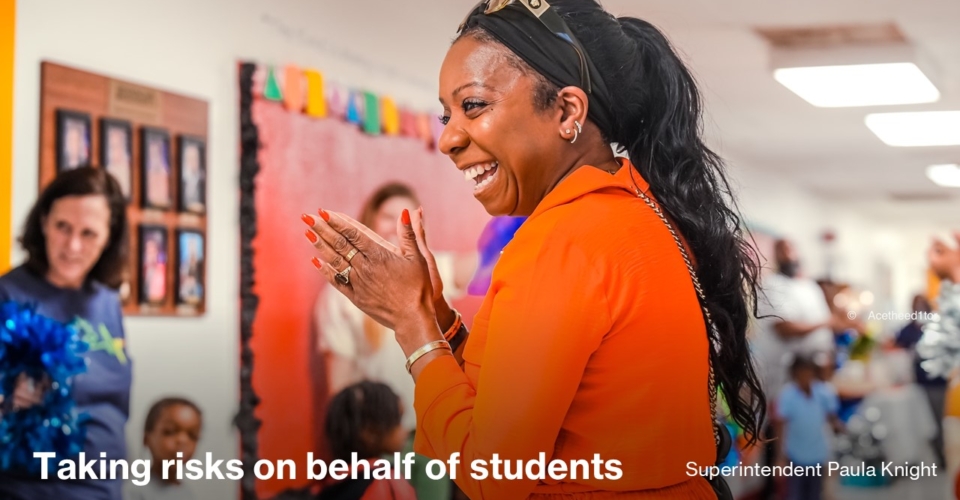As a new school year begins, school leaders and teachers often set a variety of goals for their professional growth, their schools, and their classrooms. These goals can range from developing new skills to improving student outcomes. As a former educator, I encourage current educators to add one more crucial goal to their list: gaining confidence in school data analysis.
Why? Even the most accomplished school leaders and teachers frequently express that data can feel overwhelming and confusing. Yet, data has become an indispensable part of a school’s framework—driving instruction, guiding initiatives and validating their effectiveness. In today’s education landscape, we can all agree that data isn’t going anywhere.
Therefore, school leaders need to reflect on their relationship with data—how their comfort and approach may influence the broader school community. As a school leader or teacher, there are two paths forward: you can like data or love data. The time for simply “faking it” is behind us, and that’s a positive shift. Here’s why …
School data makes a difference
At the classroom level: Data, when incorporated into planning with enthusiasm and fidelity, can unlock the power of content and best teaching practices. Good habits such as differentiation, small group instruction and more come to life when data enhances those supports. Classroom conferences, with families and students, have a deeper meaning when the conversations are collaborative and based on recent and historical data.
At the leadership level: Data is the yardstick by which you can measure growth, track trends and verify that school-wide initiatives are making an impact. Data can be used to set the instructional tone for a school year, inspire deeper inquiry and highlight opportunities for professional learning for your faculty.
If you can think of a school that uses data to the best of its ability and the depth of its power, you can bet that the school’s high-functioning data disposition didn’t happen by accident. That relationship grew out of inspired, curious leadership and steadfast commitment from teachers.
From data averse to data expert
In order to get to that data promised land, here are a few steps you can take:
- First, prepare to lead, and learn, from a place of trust and vulnerability. Acknowledging an area of improvement is essential for any role in education and it models for our students that people at all ages and stages can learn and grow.
- Second, get real with your relationship to data. If you have an inherent data aversion or lingering data obstacle, reflect on why you feel that way. Many school leaders feel they need to have all the answers. But, that only creates isolation and increases the distance between where you are now … and all you could achieve. Teachers often feel they need to be a “data” person, but that isn’t true. Anyone can be a data person, they just have to consider themselves one and commit to their own deeper understanding.
- Third, take those reflections and do something about it! Find a mentor who you trust will enhance your data fluency. Sign up for some meaningful professional learning to help you break past the data barrier. Whatever your solution is, don’t settle for your current state. Everyone can benefit from a better relationship with data—students most of all.
- Lastly, reflect throughout the process. Whatever your current reality with data is, there is always room for improvement when we step back and reflect. Set a measurable goal, commit with accountability and course correct as needed to avoid slipping into old habits and mindsets. After all, it’s the things we’re afraid of that show us what we’re made of.



